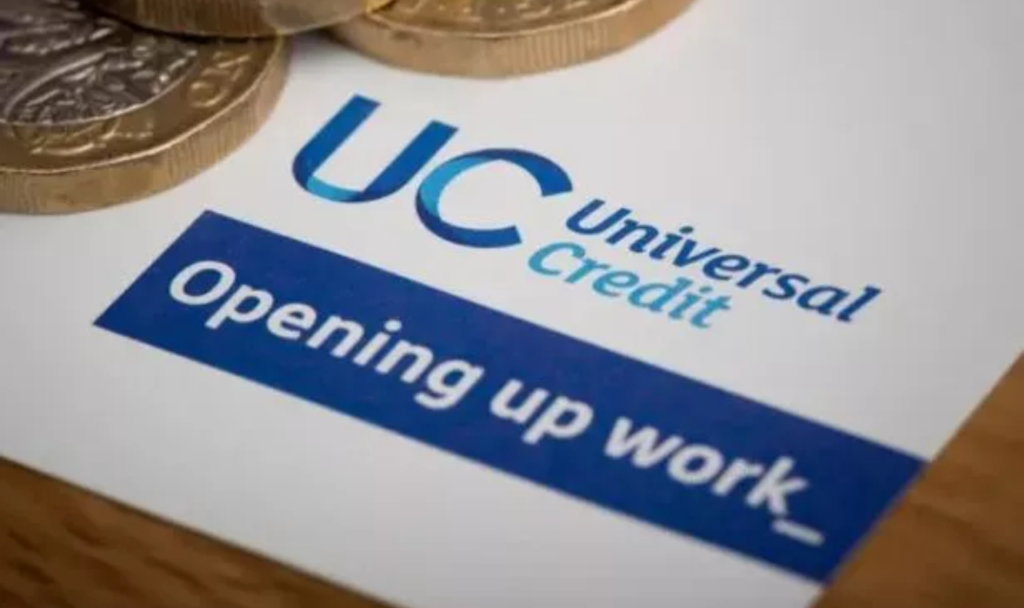Millions of people in the UK relying on Universal Credit and disability benefits will see a small but important increase in their payments starting April 2025. The UK government has announced a 1.7% rise in key benefits, in line with inflation, aiming to help individuals cope with the rising cost of living.
The increase will apply to Universal Credit, Personal Independence Payment (PIP), Attendance Allowance, Carer’s Allowance, and the State Pension. However, there are also proposed changes to the welfare system that could impact future claimants, particularly those receiving disability benefits.
Here’s what you need to know about how these changes will affect your payments and what further welfare reforms may be on the horizon.
Universal Credit Payments in 2025
For those receiving Universal Credit, payments will rise as follows:
- Single individuals under 25: Increasing from £311.68 to £316.98 per month (+£5.30).
- Single individuals 25 or over: Increasing from £393.45 to £400.14 per month (+£6.69).
- Joint claimants (both under 25): Increasing from £489.23 to £497.55 per month (+£8.32).
- Joint claimants (one or both 25 or over): Increasing from £617.60 to £628.10 per month (+£10.50).
Additional elements of Universal Credit, such as the housing and childcare support components, will also rise in line with inflation.
More details on these changes can be found on the UK Government’s website.

Personal Independence Payment (PIP) Increases
For those receiving Personal Independence Payment (PIP), designed to support individuals with long-term health conditions or disabilities, both the daily living and mobility components will rise:
- Daily living (standard rate): Increasing from £72.65 to £73.90 per week (+£1.25).
- Daily living (enhanced rate): Increasing from £108.55 to £110.40 per week (+£1.85).
- Mobility (standard rate): Increasing from £28.70 to £29.20 per week (+£0.50).
- Mobility (enhanced rate): Increasing from £75.75 to £77.05 per week (+£1.30).
The PIP assessment process remains unchanged, but potential reforms could alter eligibility criteria in the future.
Attendance Allowance and Carer’s Allowance Adjustments
For pensioners with disabilities, Attendance Allowance will see a slight increase:
- Lower rate: Rising from £72.65 to £73.90 per week (+£1.25).
- Higher rate: Rising from £108.55 to £110.40 per week (+£1.85).
For those who care for someone at least 35 hours a week, Carer’s Allowance will increase from £81.90 to £83.30 per week (+£1.40).
State Pension Increases
State Pension recipients will also benefit from an increase in their payments in 2025:
- Full New State Pension: Rising from £221.20 to £230.25 per week (+£9.05).
- Basic State Pension (pre-2016 retirees): Increasing from £169.50 to £172.40 per week (+£2.90).
This increase follows the government’s commitment to the triple lock system, which ensures the State Pension rises in line with inflation, average earnings growth, or 2.5%-whichever is highest.
Potential Welfare Reforms Could Impact Future Claimants
Despite these increases, proposed welfare reforms by the Labour Party could introduce stricter rules for disability benefits. Reports suggest the government is considering measures that could reduce the number of people qualifying for Personal Independence Payment (PIP).
Key Proposed Changes:
- Tighter eligibility for PIP: Approximately one million people with milder impairments could lose between £4,200 and £6,300 annually.
- Five-year freeze on the highest rate of incapacity benefits: Those deemed unfit for work may see their real incomes decline over time.
- Ban on incapacity benefits for under-22s: Young people would be redirected to a “youth guarantee” scheme, offering jobs or training instead.
These proposals have sparked internal debate within the Labour Party and criticism from disability rights groups. Many fear that these measures could disproportionately affect vulnerable individuals who rely on benefits for daily living expenses.
A detailed analysis of these reforms is available on The Times and The Guardian.
Conclusion:
While the planned 1.7% benefit increase will provide some relief to millions of claimants, concerns remain over potential future changes to disability benefits and welfare support.
For those already receiving Universal Credit, PIP, or pensions, the April 2025 increase will be a welcome boost, albeit modest in comparison to rising living costs. However, individuals relying on disability benefits should stay informed about potential eligibility changes in the coming years.

Pankaj Kumar is a journalist at Chandigarh X, covering admit cards, recruitment, and government schemes. His articles provide readers with detailed insights into application processes, eligibility, and exam updates.
Outside of work, Pankaj enjoys traveling, fitness, and cricket, often participating in local matches on weekends.



